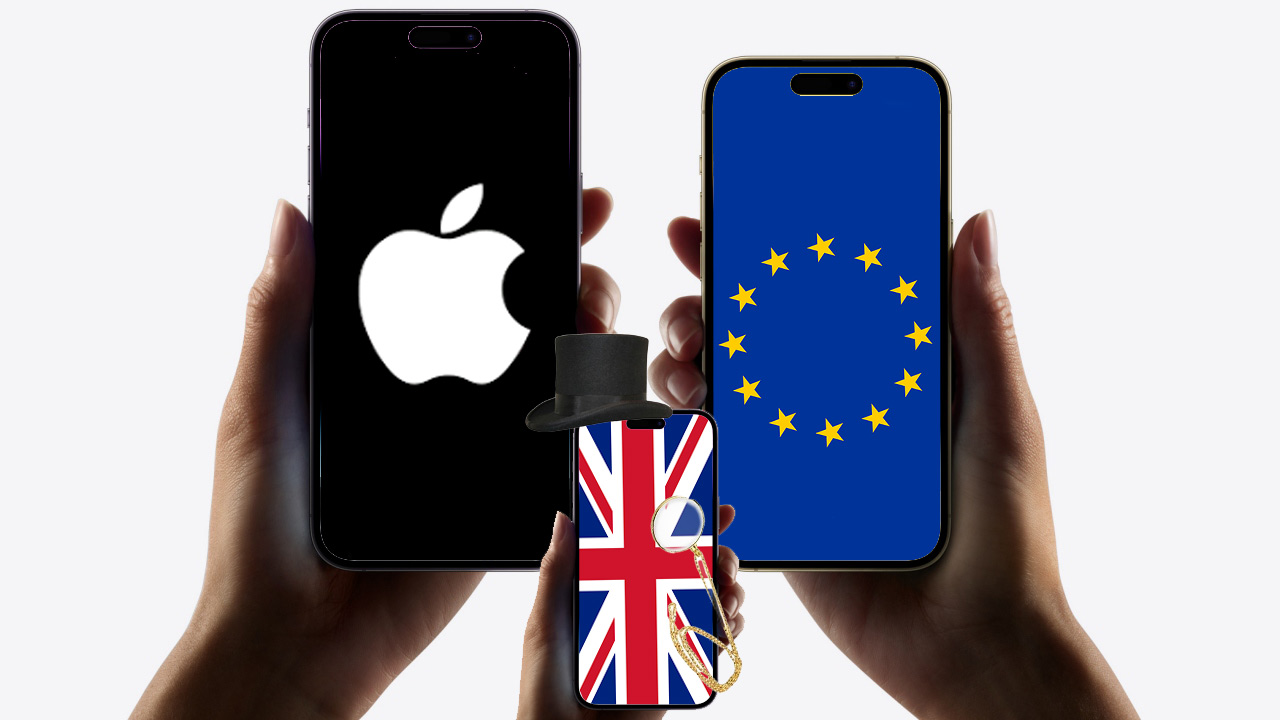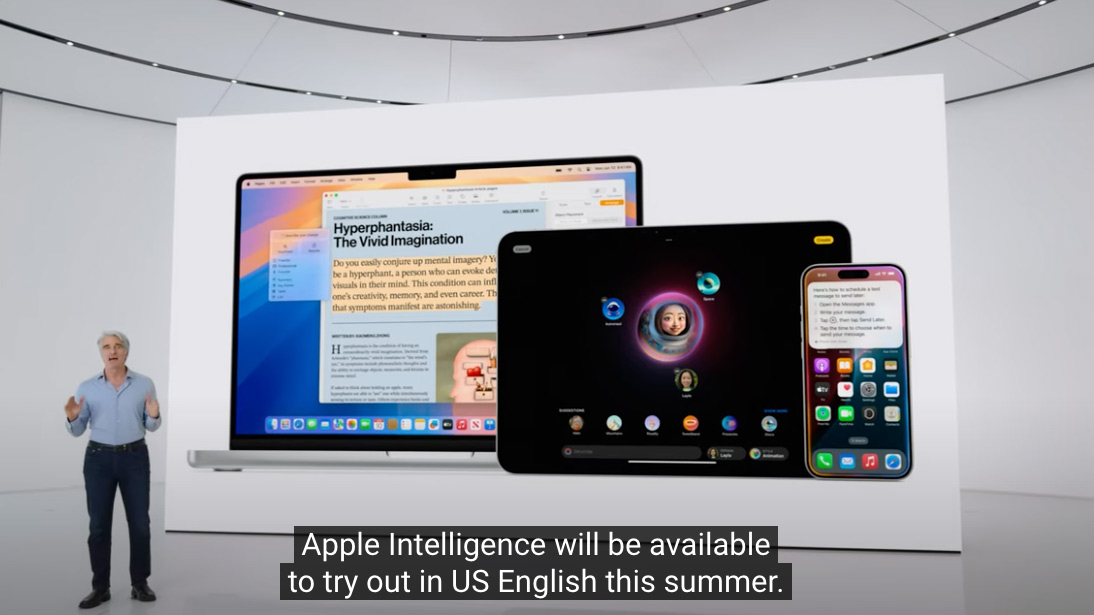Apple won't bring AI to Europe because of court action – could there be a 'Brexit dividend' for UK iPhone users?
The EU's equivalent of anti-trust law poses a serious worry to Apple, but what about smaller markets like the UK?

Last week, Apple told Bloomberg that it'd be withholding new tech, including Apple Intelligence, from customers in the European Union because of "regulatory uncertainties", for at least this year, meaning iPhones in the EU won't get the smart features shown at WWDC.
This – it is being suggested – is part of a wider war; a response to the charges brought against Apple by the EU under the Digital Markets Act (DMA). These charges are about Apple acting as 'gatekeeper' by steering customers to the App Store and preventing users seeing alternatives (similar worries exist in the US, but the EU has, traditionally, been quicker at bringing these cases to court).
Because of the way Apple's new AI system works – allowing other AI Large Language Models (LLMs) – Open AI's Chat GPT for now, and potentially others – to be offered by the system, this makes Apple's OS a "gatekeeper" again by the same legal reasoning.
The other key features demonstrated at WWDC, including the ability to remotely use your iPhone from your Mac – iPhone Mirroring and SharePlay Screen Sharing – won't make it to the EU this year.

Where does this leave the UK, which chose to leave the EU at the end of 2020? According to government figures, the immediate cost to the UK was a £42.5bn, and the government's Office for Budget Responsibility estimates that the total cost of Brexit has been £140bn (more than an iPhone per head of the UK population).
For iPhone users in the UK keen not to be 'held back', however, could there finally be a 'Brexit dividend' of getting the same tech at the same time as Americans?
Actually probably not. While there is a lot being said online about Apple's response to the EU action, the UK is stuck in another place. That place is "not America," and this difference is one that seems to be getting more significant as phones and cameras get ever more dependent on Language-based AI tech which is still largely based on American English.
Get the Digital Camera World Newsletter
The best camera deals, reviews, product advice, and unmissable photography news, direct to your inbox!
If you wind back the WWDC presentation, you'll note that Craig Federighi tells developers that the US English version will be available for developers to try (how to try the beta), but even as the presentation it was made clear that other languages would come significantly later. From Apple's perspective 'British English' is another language, so at best we can expect it in 'Fall', sorry, Autumn.
It's also worth noting that the UK government is also working on its own 'anti-trust' (an American term) case about the Apple App store, which could have been dropped earlier this year but was not. (You can follow the Competition and Markets Authority Apple AppStore investigation here.) The US is also doing so. It is simply that the EU's process appears more efficient because the DMA is a more modern piece of law.
In each case the 30% Apple takes from each sale on the App Store – a huge part of its revenue – is the issue. Google and others aren't immune either!

With over 20 years of expertise as a tech journalist, Adam brings a wealth of knowledge across a vast number of product categories, including timelapse cameras, home security cameras, NVR cameras, photography books, webcams, 3D printers and 3D scanners, borescopes, radar detectors… and, above all, drones.
Adam is our resident expert on all aspects of camera drones and drone photography, from buying guides on the best choices for aerial photographers of all ability levels to the latest rules and regulations on piloting drones.
He is the author of a number of books including The Complete Guide to Drones, The Smart Smart Home Handbook, 101 Tips for DSLR Video and The Drone Pilot's Handbook.
